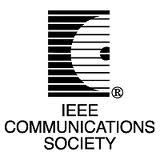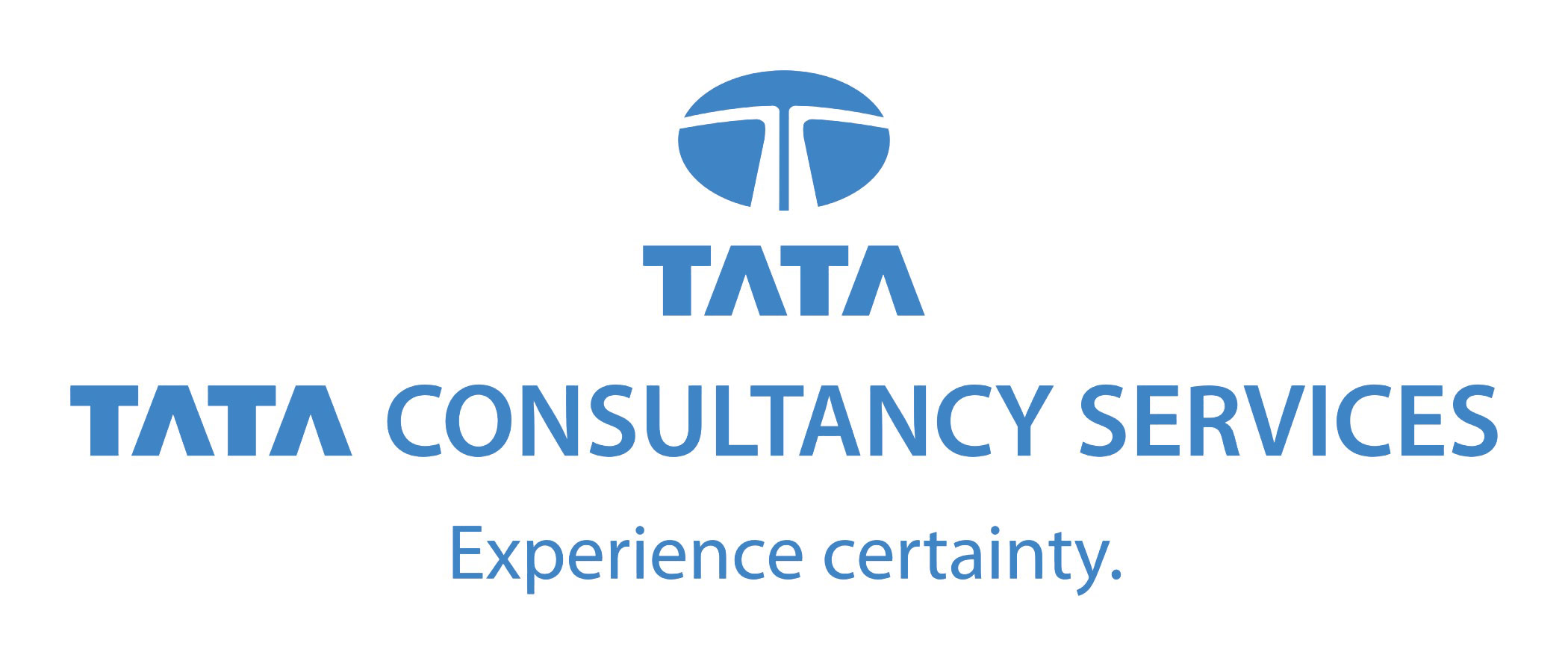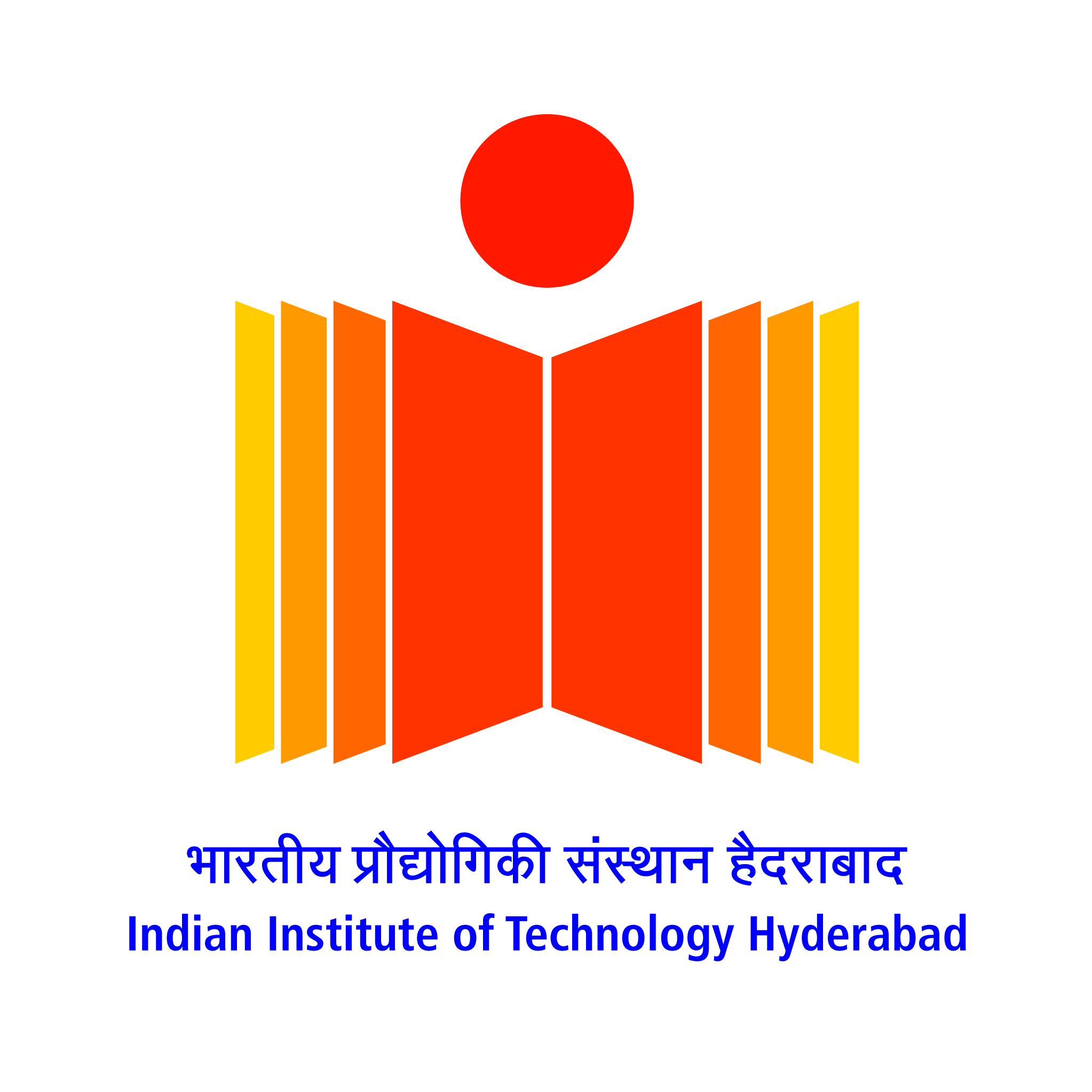Networked Healthcare Technology (NetHealth)
A Model for Basic Healthcare Provision in the Indian Context - Healthcare at Home
M. Radhakrishna
Professor in Information Technology and Electronics
Head, Electronics Division, Indian Institute of Information Technology, Allahabad
Provision of general healthcare for rural and remote areas that have small populations or low population densities is a global challenge. The basic healthcare is a necessity and is to be provided by the society and most medical conditions would become serious in the absence of early and basic treatment. It is also true that the medical treatment protocol for the treatment of early general conditions is different from that of more serious and formal treatment, at least for the first three or four days and is to be taken care. Specifically in the Indian context, most of the above habitations have no electrical power and no easy access by way of roads.
This presentation proposes an approach to the provision of healthcare to such group of people and discusses the technological and operational aspects of the work under progress. The technological aspects of the project involving sensing the vital parameters, microelectronic control, communication and networking, providing the support to medical treatment are designed for use by the illiterate and scantily trained local population that takes the healthcare as a secondary activity. The system has adequate amount of intelligence and makes use of sensor networks. The proposed system could easily adopt newer sensing and diagnostic technologies and treatment protocols. The system could also be used to take of patients needing long term healthcare and elderly persons by monitoring their condition and reporting to the healthcare provider/family.
About the Speaker:
Trained as a Physicist (obtained MSc in Nuclear physics) from Andhra University, India, worked at TIFR and Atomic Energy (Reactor division), worked at Regional Engineering College, Srinagar; Technical Teachers Training Institute, Chandigarh; Colombo Plan Staff College, Manila; and currently with the Indian Institute of Information Technology, Allahabad. Areas of research include Computer Architectures, Networking, AI & Intelligent systems, Intelligent Tutoring Systems, Embedded systems, and WSN.
Worked on various research projects at TNO, Delft; Test Reactor, Arnhem; Leeds , Edinburgh , Cambridge Universities; and MIT in the areas of Instrumentation, Digital and Hybrid Simulations, and Multimedia and computer Graphics.
Cloud and Smartphone Network based Healthcare
Rajiv Misra
IIT Patna
The social connections among people (social network) have substantial evidence from medical science for its correlations with personal health. Healthcare mining is a large scale graph processing on clouds. This talk presents the how the social sensing and computing large-scale graphs diagnoses health outcomes and treats medical conditions.
Low-cost Healthcare in India -- Opportunities and Obstacles: A Case Study with ECG
Soumya Jana Assistant Professor, Dept of Electrical Engineering, IIT Hyderabad
India continues to face severe healthcare shortage even in the seventh decade of her independence. Various models, including imitations and ad hoc ones, have been tried, and failed to make serious impact. As an alternative, we take Indian reality into account, and propose a targeted design methodology. We illustrate the opportunities and obstacles encountered in this paradigm taking ECG as an example.
About the Speaker:
Soumya Jana obtained a B.Tech. (Hons) in Electronics and Electrical Communication Engineering from IIT Kharagpur, an M.E. in Electrical Communication Engineering from IISc Bangalore, and a Ph.D. in Electrical Engineering from University of Illinois at Urbana-Champaign. He is currently as Assistant Professor in the Dept of Electrical Engineering at IIT Hyderabad. His current interests include Application of Signal Processing and Communication principles to Healthcare, Immersive multimedia processing and communication, Data modeling and analysis, and Network information theory.
Interference Free Usage of Wireless Sensor Networks for Patient Monitoring
Jyotsna Bapat
IIIT Bangalore
Fall detection for elderly patients has been implemented using accelerometer and commercial products are available in market. We propose a simpler/cheaper patient monitoring device that can monitor the patient activity continuously; i.e. whether the patient is walking, sitting, sleeping etc. using inexpensive flex sensors. Most WSN use the ISM band which is already crowded with WLAN (802.11), Bluetooth and other zigbee users. We propose a spectrum management system that will allow the monitoring system to choose the band with least interference so that probability of successful transmission is improved.
About the Speaker:
Prof. Jyotsna Bapat got her PhD from Penn State University. After her PhD she worked on ADSL modem development at Ariel Corp. and Lucent, Holmdel. Since 2006, she has been a faculty at IIIT-Bangalore. Her areas of interest include Cognitive Radios, Smart Grids and Data Analytics.

























